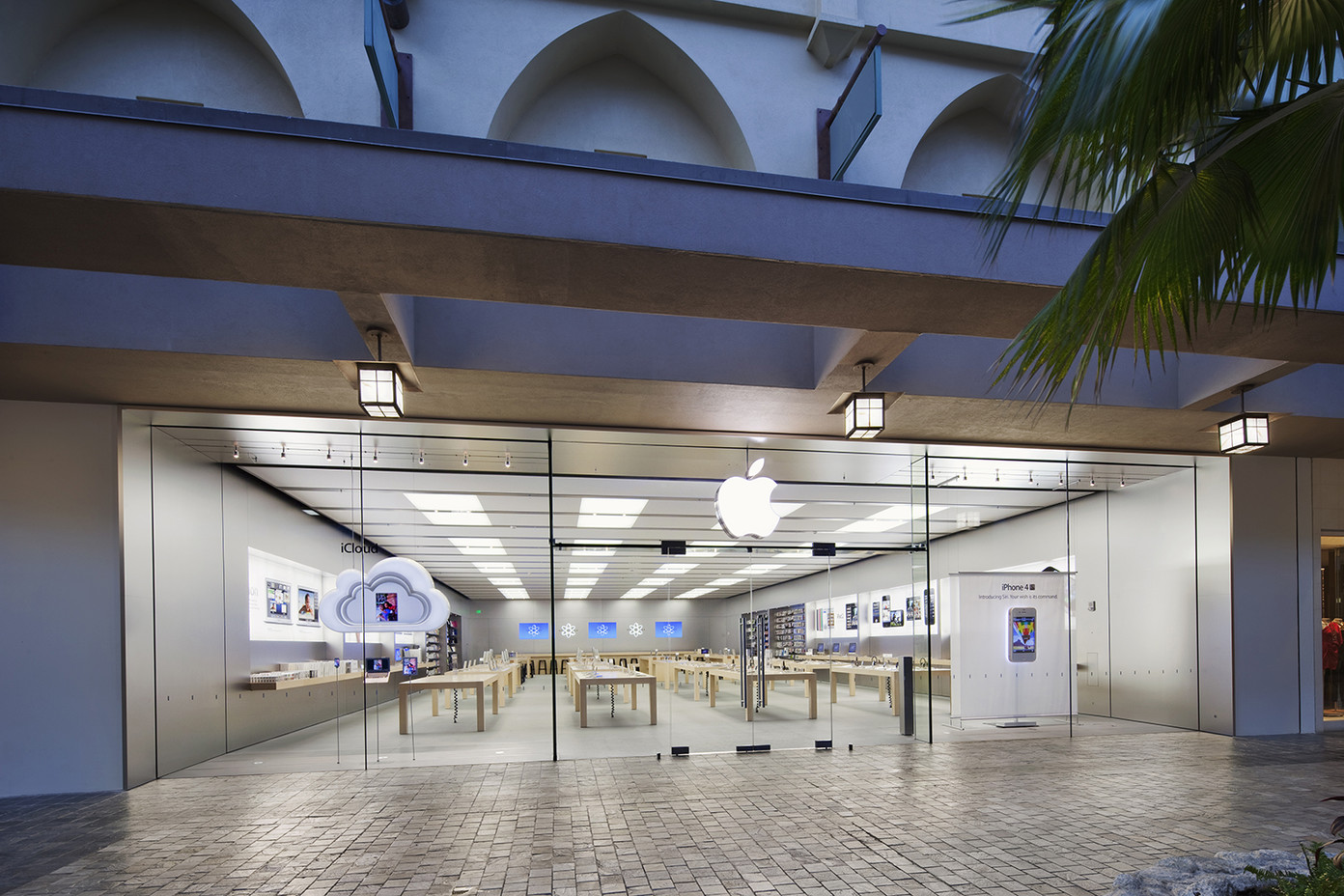For a lot of investors, there's nothing more valuable than earnings season. The six-week period each quarter where most S&P 500 components report their operating results helps gauge the health of corporate America.
But don't overlook the quarterly filing of Form 13Fs, which can be equally valuable. A 13F is a required filing with the Securities and Exchange Commission no later than 45 calendar days following the end to a quarter for institutional investors with at least $100 million in assets under management. A 13F offers investors an over-the-shoulder look at which stocks, exchange-traded funds (ETFs), and select options, Wall Street's preeminent money managers have been buying and selling.
While Warren Buffett has long been the most-popular of all asset managers, he's far from the only billionaire investor with a knack for spotting a good deal. Appaloosa's David Tepper is another billionaire fund manager who regularly outperforms the broader market.

Image source: Getty Images.
What makes Tepper's investment strategy so intriguing is the blend of high-growth artificial intelligence (AI) stocks and deep-discount value stocks that you'll find.
In the June-ended quarter, Tepper purchased eight new stocks, added to nine existing holdings, pared down eight others, and sent 16 securities (including options) packing. The two most eyebrow-raising moves might just be the sale of AI networking specialist Broadcom (AVGO +2.63%) and Tepper increasing his fund's stake in a polarizing healthcare stock that's been beaten up in 2025.
Billionaire David Tepper bids adieu to trillion-dollar AI stock Broadcom
Appaloosa's billionaire boss hasn't been shy about piling into AI stocks or locking in gains when the opportunity presents itself. Nevertheless, his trading activity with Broadcom is outside the norm.
According to data aggregated by WhaleWisdom.com, the average stock in Tepper's portfolio has been held for approximately 29 months. Meanwhile, 130,000 shares of Broadcom were purchased by Appaloosa during the first quarter and promptly sold during the second quarter. Though we don't know the specific buy and sell date(s), this was an exceptionally quick trade for a fund manager that usually holds high-growth stocks for considerably longer.

NASDAQ: AVGO
Key Data Points
The most obvious reason for billionaire David Tepper to jettison all 130,000 shares of Broadcom is to lock in profits. The late March-early April stock market correction for the S&P 500 provided an opportune time for money managers like Appaloosa's boss to go shopping. During the latter portion of March, Broadcom stock dipped below $170. Near the end of June, it was tipping the scales at $275 per share. A potential gain of 60% could have been netted by Tepper and his team in just a three-month stretch, which is phenomenal for a trillion-dollar stock.
It's also possible that Tepper and his team no longer saw Broadcom as an amazing value. When shares of the company retraced to sub-$170 late in the first quarter, they were trading at a forward price-to-earnings (P/E) ratio of around 18. As of the closing bell on Oct. 10, Broadcom's forward P/E ratio had ballooned to 35, which well above its historical average.
The final factor that may have enticed Tepper to bid adieu to Broadcom is historical precedent.
On one hand, there's a seemingly limitless addressable opportunity for artificial intelligence. The analysts at PwC believe it'll add $15.7 trillion to the global economy by the turn of the decade. Broadcom's networking solutions, which connect AI-graphics processing units (GPUs) to maximize their compute potential and reduce tail latency in data centers, will play a key role in this expansion.
On the other hand, every next-big-thing trend looking back more than 30 years has navigated its way through an eventual bubble-bursting event. Investors consistently overshoot when it comes to the utility and adoption rates of new technologies, which leads to growth expectations not being met. If an AI bubble were to form and burst, Broadcom would almost certainly see its supercharged growth rate slow.

Image source: Getty Images.
Is this polarizing healthcare stock the new apple of David Tepper's eye?
While Appaloosa's boss made a number of buys during the second quarter, including in the AI arena with Nvidia and Taiwan Semiconductor Manufacturing, the eye-opener was increasing his stake in healthcare conglomerate UnitedHealth Group (UNH 2.32%) by 1,300% (from 175,000 shares to 2,450,000 shares).
UnitedHealth has been the definition of a polarizing stock in 2025. Strong arguments can be made from short-sellers and optimists that their take on the company is the correct one.
What can't be argued is that UnitedHealth Group has vastly underperformed this year. Whereas the benchmark S&P 500 has rallied 11%, as of the closing bell on Oct. 10, UnitedHealth stock has plunged 30% -- and this is after a rally that brought it back from a year-to-date loss that briefly surpassed 50%!
Though this isn't a comprehensive list, UnitedHealth Group's problems boil down to the following issues:
- Medicare Advantage costs and patient utilization rates have come in well ahead of projections, which means UnitedHealth is spending more on patient care.
- The U.S. Justice Department is probing its Medicare billing practices.
- Management has meaningfully reduced the company's 2025 profit forecast.
But the company's management team isn't sitting on its laurels or crossing its fingers and hoping for the best. They're taking action and making changes that should be reflected in the company's bottom line by as soon as next year.

NYSE: UNH
Key Data Points
Earlier this month, the company confirmed it would stop selling Medicare Advantage plans in 16 U.S. markets next year. This should help mitigate the higher costs and utilization rates it's been contending with in its insurance segment.
Something else to consider is that insurers generally possess exceptional premium pricing power. It's inevitable that outlays (claims that require payouts) will increase from time to time, which affords insurers ample reason to increase premiums. UnitedHealth has every justification to boost its healthcare insurance premiums for the upcoming year.
Investors would also be wise not to write off healthcare services subsidiary Optum, which has been UnitedHealth Group's fastest-growing and highest-margin operating segment. Some belt-tightening should lead to notably better margins in the upcoming year.
While UnitedHealth's forward P/E is effectively aligned with its five-year average, shares of the company may end being cheap if these Medicare Advantage concerns are quickly put to rest.







